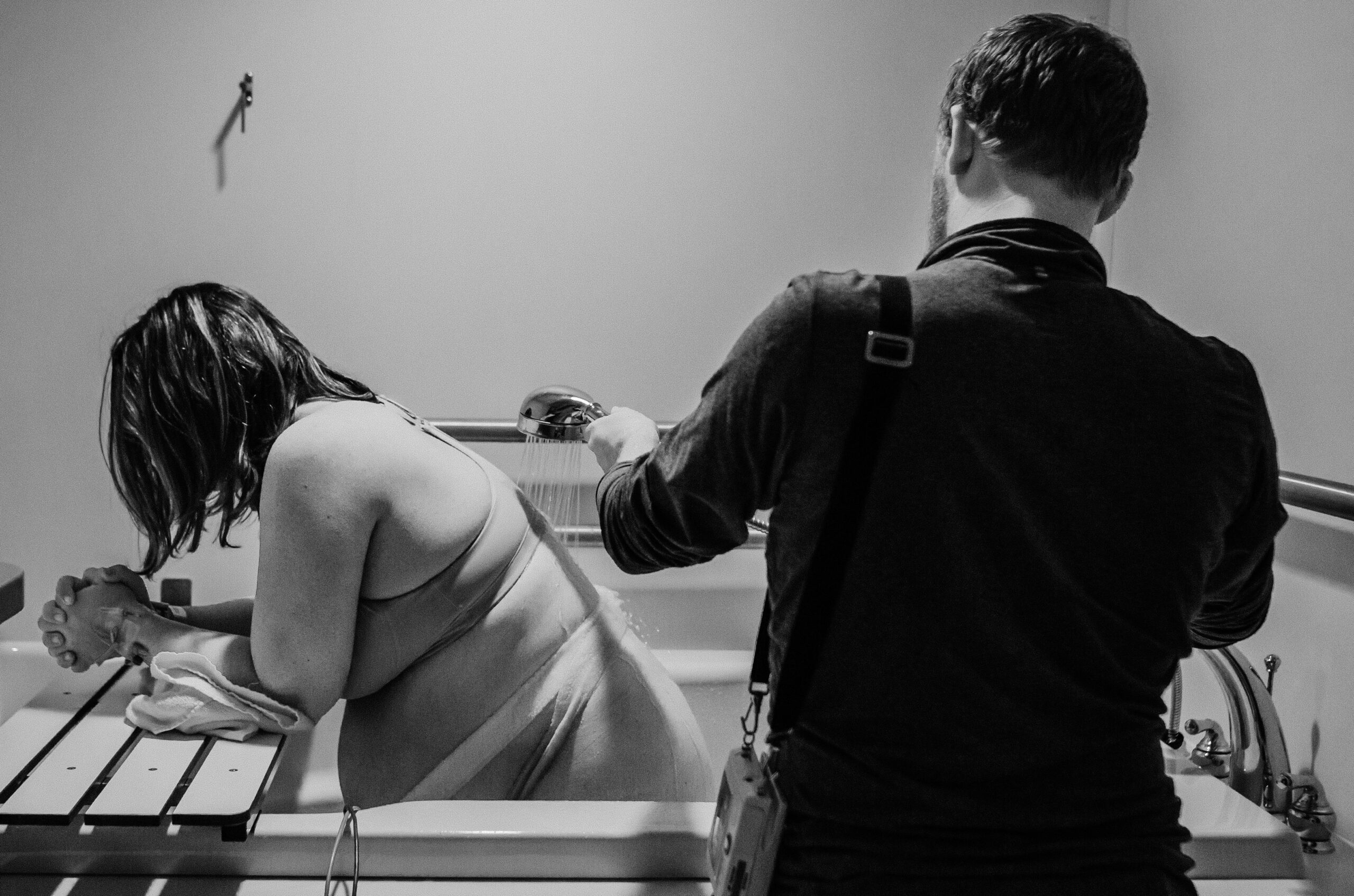Introduction
Hydrotherapy, also known as water therapy, is a therapeutic approach that utilizes water to promote healing and improve overall well-being. This ancient practice has been used for centuries across different cultures and civilizations. In this article, we will explore the history of hydrotherapy, the principles behind it, various types of hydrotherapy, and the numerous benefits it offers.
History of Hydrotherapy
The origins of hydrotherapy can be traced back to ancient civilizations such as Egypt, Greece, and Rome, where water was considered a source of healing and purification. The Greeks, in particular, were known for their elaborate bathhouses and thermal springs, which were used for both relaxation and medicinal purposes.
In the 19th century, a revival of interest in hydrotherapy occurred, with notable pioneers like Vincent Priessnitz and Sebastian Kneipp developing systematic approaches to the practice. Their work laid the foundation for modern hydrotherapy techniques.
What Hydrotherapy Practitioners Do
Hydrotherapy practitioners, also known as hydrotherapists, are trained professionals who specialize in administering water-based treatments. They assess individual needs and develop personalized treatment plans that may include a combination of hydrotherapy techniques.
Hydrotherapists may use various methods such as hydrothermal baths, compresses, wraps, steam inhalation, and underwater exercises to address specific health concerns and promote healing. They closely monitor the progress of their clients and adjust treatment plans accordingly.
Principles of Hydrotherapy
Hydrotherapy is based on several key principles that guide its practice:
- Temperature: Water can be used at different temperatures to stimulate or relax the body. Cold water treatments can help reduce inflammation and pain, while warm water treatments promote relaxation and improve circulation.
- Hydrostatic Pressure: The pressure exerted by water can enhance blood flow and lymphatic drainage, reducing swelling and promoting detoxification.
- Buoyancy: The natural buoyancy of water reduces the effects of gravity, allowing for gentle exercise and rehabilitation without putting excessive strain on joints and muscles.
Various Types of Hydrotherapy
Hydrotherapy encompasses a wide range of treatments, each with its specific benefits:
- Hot and Cold Compresses: Alternating hot and cold compresses can help alleviate pain, reduce inflammation, and promote healing.
- Hydrothermal Baths: Immersing the body in water of varying temperatures can improve circulation, relax muscles, and relieve stress.
- Steam Inhalation: Inhaling steam infused with essential oils or medicinal herbs can help clear the respiratory system, relieve congestion, and promote relaxation.
- Underwater Massage: A combination of massage techniques and water pressure can help relieve muscle tension, improve circulation, and enhance relaxation.
Benefits of Hydrotherapy
Hydrotherapy offers a multitude of benefits for both physical and mental well-being:
- Pain Relief: Hydrotherapy can help reduce pain and inflammation associated with conditions such as arthritis, fibromyalgia, and sports injuries.
- Improved Circulation: The application of warm and cold water stimulates blood flow, promoting better circulation and oxygenation of tissues.
- Stress Reduction: Hydrotherapy induces relaxation, reduces stress levels, and helps improve sleep quality.
- Enhanced Rehabilitation: The buoyancy of water allows for gentle exercise and rehabilitation, making it ideal for individuals recovering from surgeries or injuries.
Possible Treatments
Hydrotherapy can be used to address a wide range of conditions, including:
- Arthritis
- Back pain
- Muscle strains and sprains
- Respiratory conditions
- Stress-related disorders
- Post-surgical recovery
It is important to consult with a qualified hydrotherapist or healthcare professional to determine the most appropriate treatment plan for your specific needs.
Conclusion
Hydrotherapy is a time-tested practice that harnesses the healing power of water to promote physical and mental well-being. With its rich history, diverse range of treatments, and numerous benefits, hydrotherapy continues to be a valuable therapeutic modality in modern healthcare. Whether you seek pain relief, relaxation, or rehabilitation, hydrotherapy may offer a holistic approach to improving your overall health and vitality.



